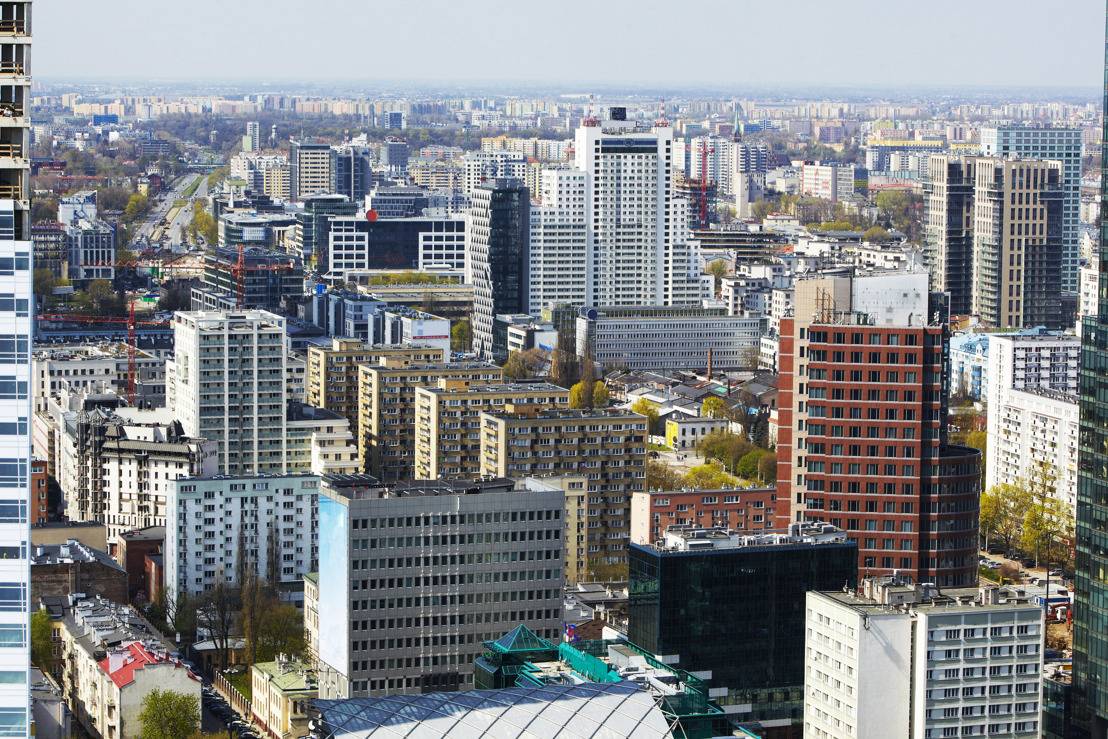Poland will finally have a Migration Strategy for the years 2025-2030, as announced by the government last week. The project is set to undergo broad consultations, with the Ministry of Interior and Administration overseeing the entirety of the process. The strategy implementation process is scheduled to conclude before Poland assumes the presidency of the Council of the European Union.
“As an organization involved in employing foreigners, we are very pleased with the government’s announcement and look forward to expressing our view. The government promised a “comprehensive, responsible, and secure migration strategy,” and this needs to be praised, especially given the exceptional time of war in Ukraine. Emphasizing the aspect of security is significant. As Gremi Personal, an international employment agency that has been bringing in foreign workers for over 15 years, we believe that such a strategy is much needed, especially since Germany has already modified its migration policy, facilitating migrant entry to the labor market,” comments Karolina Szleszyńska, Gremi Personal’s Vice President in charge of legal matters.
According to a report from the International Labour Organization’s World Employment and Social Outlook: Trends 2024 (January 2024), the global unemployment rate will increase in 2024. This will result in more people worldwide willing to migrate for work, including to distant continents, not just neighboring countries. In the coming years, Poland will need an annual average of 200,000 to 400,000 foreign workers to prevent an economic breakdown and to ensure that the social security system can pay benefits.
“For years, we have been neighbours with Ukraine, a country of over 43 million people, struggling with economic problems and uncertain geopolitical situation. This led many Ukrainians to travel to Poland for work purposes, while Poles migrated westward searching for better wage prospects. This is why the employment and integration model known in Poland primarily targeted Ukraine (and previously also Russia) and Belarus. Today, two years after the start of the Ukraine conflict, we have to deal with an entirely new situation, not only as Poles hosting refugees but also as entrepreneurs struggling with labor shortages. It’s worth noting how absorbent the labor market is – despite already absorbing ⅔ of working refugees, there’s still a labor shortage! We need to fight for global talent to fill these gaps, and above all, learn how to integrate them. Two editions of the Foreigners Act have already run out, so we now need to recruit workers from countries like India, Bangladesh, or Colombia,” adds Szleszyńska.
The work schedule is as follows: Following a consultation with the Committee for Migration Research at the Polish Academy of Sciences, the Ministry of Interior and Administration will prepare a questionnaire containing a set of migration and migration policy issues, which will be forwarded to a wide range of stakeholders in the field. Based on the results, a report will be generated, followed by public consultations on the project in the autumn. The final draft will be developed in December and will then be handled by the Council of Ministers. Based on this, new legal acts will be prepared from January to June 2025, including a new Act on Foreigners.
